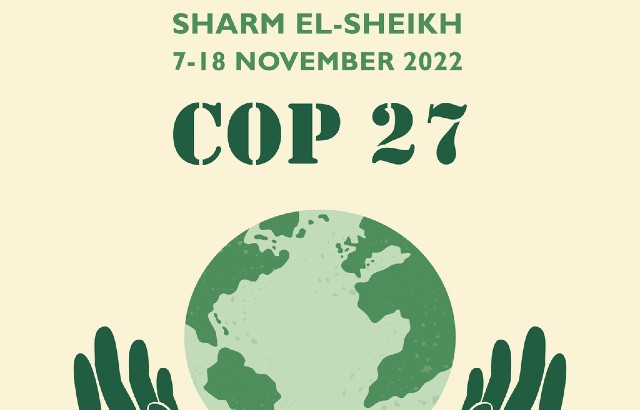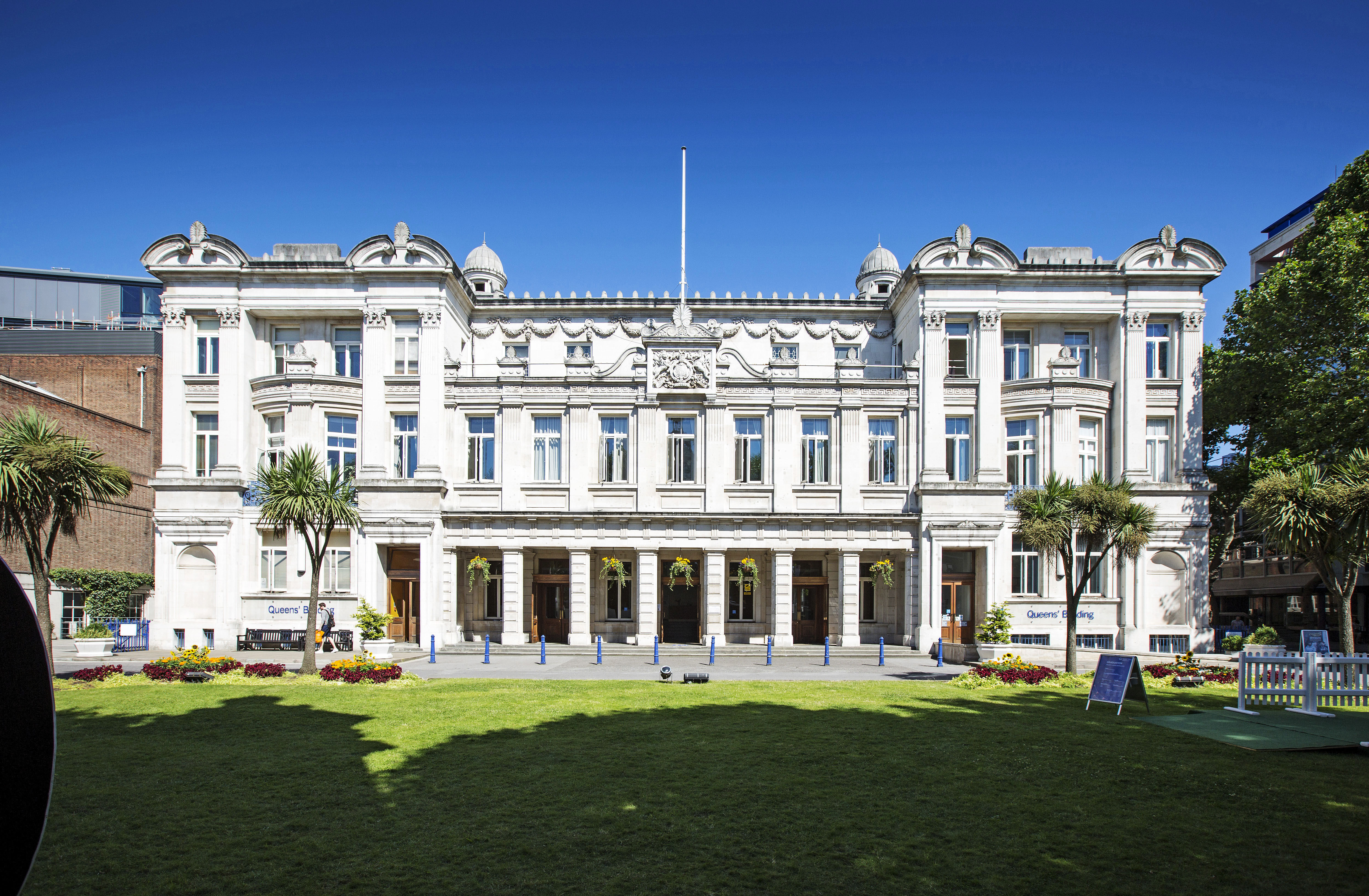This fact is not helped by many people and media reports concentrating on secondary issues, like the number of planes that arrived at Sharm El-Sheik and the carbon footprint of COP27. Last year’s COP26 emitted around 100,000 metric tonnes of carbon, or 0.015 of the total global emissions for a year, and most of it was not from passengers’ air transport. While this can and should be avoided, the attention on it distracts from the real problems being discussed at these events - and this focus on minor details keeps us from finding real solutions. It is like a vicious circle at every conference on this issue.
The issue is not the carbon footprint of COP, but the lack of its tangible impact so far. COP is a necessary event with the potential to help deliver solutions to the impending climate catastrophe. Its greatest failure is perhaps that it has not acted with the speed that such a global emergency needs and deserves. Over recent years, COPs have become a place for political grand-standing by key players more than a forum for agreeing policies and actions for the present and future of the planet.
On the other hand, COP increasingly represents a forum where diverse stakeholders can make their views heard, their interests known and their plans clear. The increased focus on the carbon footprint of the COPs is related to the unnecessary number of private jets, but also to the vast number of representatives of non-state actors that take part in them - showing the need for COPs to be braver and bolder with a clearer vision of its path forward.
Climate change is a deeply complex problem, and simplifying it usually causes more problems than answers. There is a strong argument that COP’s governance system is not fit for purpose, as climate change and the earth’s environment need a multi-layered and non-traditional system where non-state actors are not subject to the COP code of conduct and protocols.
We need a greater diversity and complexity of stakeholders: a form of governance where state actors, international organisations, regional agreements, business interests, non-for-profit, education institutions and others ALL have a seat at the table - not only to give opinions when asked, and provide evidence even when not asked, but in the joint decision-making process of binding agreements. While the existing multistakeholder governance systems are certainly not perfect, they have been successfully implemented in other critical areas with global impact, like the one that allows the smooth running of systems as complex as the Internet. The composition and diversity of stakeholders at COP27, point towards multistakeholderism. This is a practice of governance that brings multiple stakeholders together to participate in dialogue, decision making, and implement a solution to a group’s common problems, as the way forward.
A starting point would be to create a mechanism that includes the existing nine constituencies recognised by the UNFCCC, with the necessary addition of religious-based and indigenous people. What we want to do is level the playing field, to equally include different stakeholders and the various communities they represent.
It’s likely that COP28 will start by discussing why COP27 - “the conference of implementation” - was unsuccessful, nothing or little has been actually implemented, and the future of the planet is at stake. Therefore, now is the time for a state, group of states or international organisation to think beyond their limited interest and make the urgent call for a special COP with a multi-stakeholder governance and decision mechanism system. The climate crisis means that we do not have a minute to lose.



